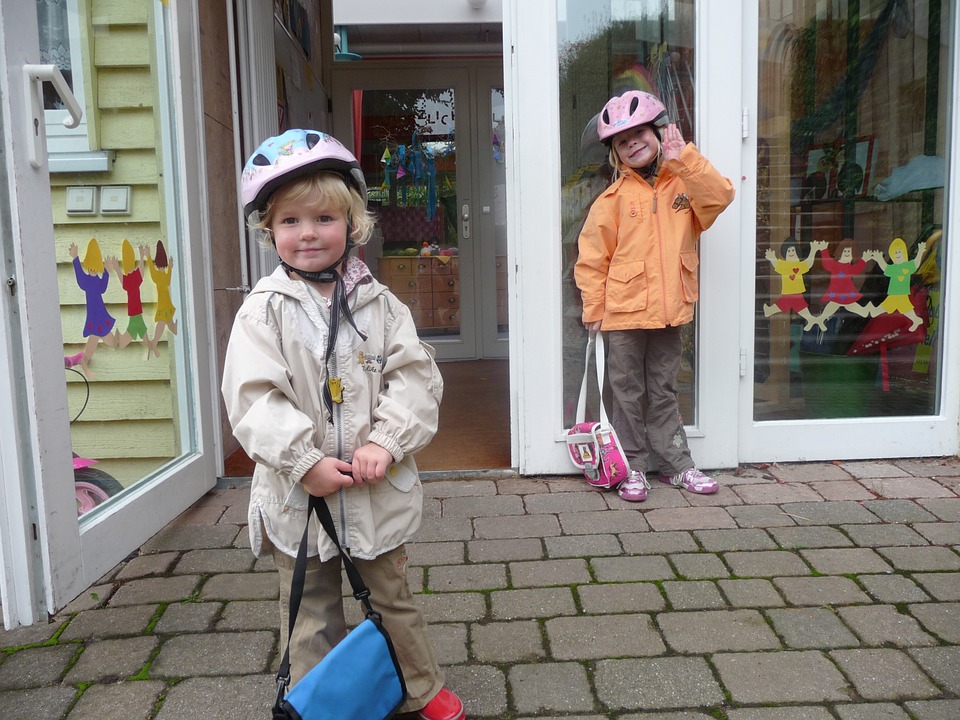Question
Q – “I am an EYP. English is my second language. There is a child in my setting who has spoken in my language but not any words in English. He is my keychild from now. He is a smart child, can count to 100, knows the letters etc. I have seen in his Learning diary he is on lower level than he has because of lack of speaking skills in English. Can I highlighted an higher level skills in EYFS while I observe him and we are speaking in our language too? “
Answers
A – Ive been on tracker/assessment and moderation training lots of times and I’ve always been told to assess a child on his/her first language with help from parent’s, and observe other communication skills to make a clear judgement 🙂 particularly in the early years.
A – I know that you can observe them in their first language but for means of assessment, it must be done in English as this is what schools will use later on. Although in some cases this is unfair, i can see why the stat req say the assessments need to be made in English. It is also because if a child needs any help from SALT then it will be given in English.
A – This is what the EYFS statutory req says when referring to children with EAL.
‘When assessing communication, language and literacy skills, practitioners must assess children’s skills in English.’
A – I’ve not worked with EAL children found this post interesting. How awful that we have to deem children incapable that are more advanced than others in their year group because it’s in their home language. 🙁 I understand they need to learn in English at school as will be taught in English but very demeaning for child and parent. also following for future reference.
A – A child can be assessed if another langUage in all areas apart from speaking as it has to be assessed in English. You would write an observation such as child touch counted to 5 in (insert language) so it is clear in their learning journey that they are using a language other than English. I work in a school that is 98% EAL, hope that helps. You could make observations on their speech in their home language as it gives an indication of the Childs holistic learning.
A – I would think so. I guess would Ofsted or management want the child to ‘prove’ theyve met certain milestones as its less recognised by everyone else!!! Unfair on the child though, so I would hope so for their sake.
A – Yes he should be assessed in his first language not English. It’s very lucky you share a language and you are able to support his learning in this way.
A – I’d do 2 separate assessments for everything. That way it’s a clear picture of ability in both. As above its the English that will be used when offering any support.
A – I thought you could assess them in specific areas in home language but prime areas English.
A – Yes as said previously said/quoted must be in English however we keep 2 sometimes, one in home language where possible with their parents and one for their English to check whether they are working developmentally in their age in case any concerns, the English will come.
A – We use to high light in different colours for each language so parents could mark off the home language, then u know it’s not a developmental delay.
For more answers, please click here.

